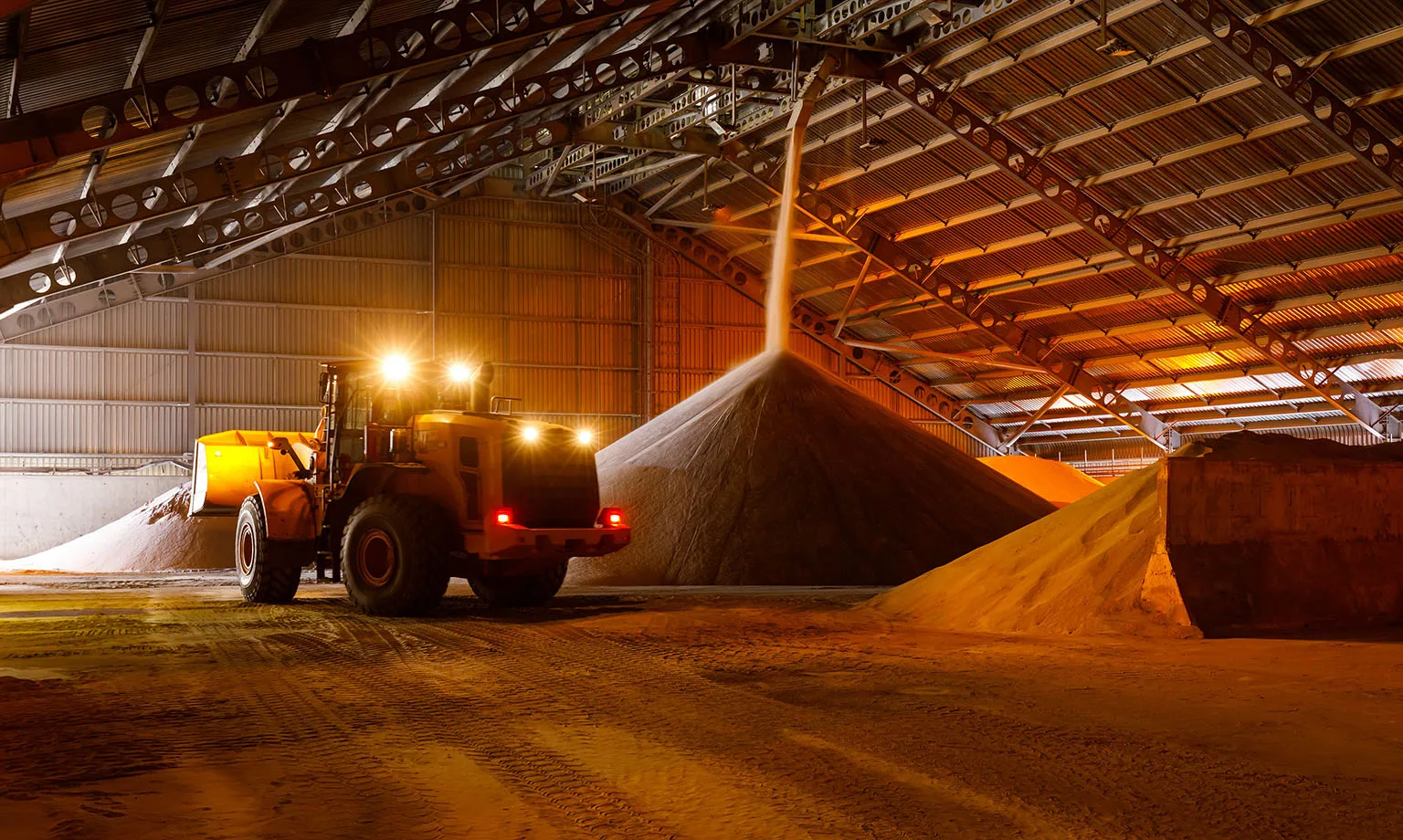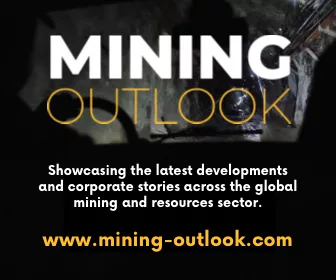Numerous and diverse metals and minerals are found in subterranean Mozambique, contributing significantly to the country’s economy and its production of critical materials. We delve deeper into the potential of the thriving mining industry.
MOZAMBIQUE MINING INDUSTRY SPOTLIGHT
Situated on the southeastern coast of Africa, Mozambique is characterised by its extensive coastline bordering the Indian Ocean. Endowed with abundant and manifold mineral deposits, the country’s landscape encompasses vast lowland plateaus and imposing mountains, while a treasure trove of natural resources lies beneath its surface.
The Mozambican economy greatly benefits from a wealth of sought-after gemstones such as rubies, garnets, and aquamarine, as well as valuable minerals such as graphite, spodumene, and heavy sands minerals. In addition, the presence of metals like gold, as well as practical compounds and elements like coal and gas, make mining a significant contributor to the country’s prosperity.
For more than 1,000 years, Mozambique has been steeped in the tradition of gold mining, as this precious metal was produced on a small scale by artisanal miners. Today, however, the country possesses high-quality commercial coking and thermal coal, iron ore, titanium, and marble. Other valuable commodities include petroleum, steel, niobium, cement, and aluminium.
Regarding the latter, aluminium plays a critical role in manufacturing aeroplanes and various transportation modes. It also surpasses copper in its ability to conduct electricity, making it a popular choice for use in transmission lines.
In Maputo, Mozambique’s capital city, you can find Mozal, S.A, an aluminium smelter located in the Beluluane Industrial Park. The joint project stands as a testament to the collaborative efforts between South32, Mitsubishi Corporation, the Industrial Development Corporation of South Africa, and the Government of Mozambique.
The journey to achieving mining success in Mozambique may be lined with valuable metals and minerals, but it is not without obstacles. The industry requires a collaborative approach to promote sustainable growth, with a particular emphasis on expanding infrastructure such as roads and railways and creating a reliable electricity supply to bolster business strategies.
Increased exploration and exploitation of Mozambique’s minerals has the potential to grow the country’s economy significantly.
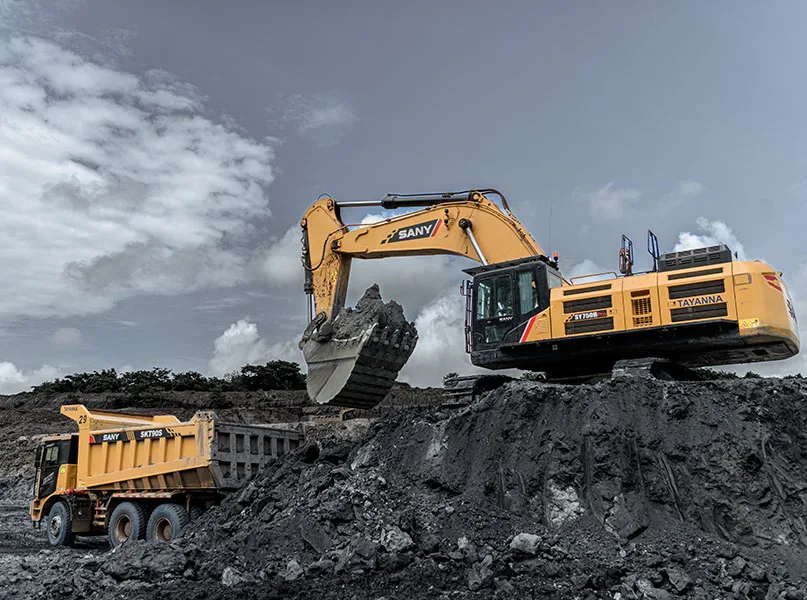
Q&A WITH GEERT KLOK, PRESIDENT, CHAMBER OF MINES OF MOZAMBIQUE
As the voice of the country’s mining sector, the Chamber of Mines of Mozambique advocates for its members’ interests while promoting sustainable practices. We explore the industry’s prospects with its President, Geert Klok.
Firstly, please tell us about the origins of the Chamber of Mines of Mozambique, how it was incepted, and its initial vision?
Geert Klok, President (GK): The Chamber of Mines of Mozambique (CMM) was established in 2012 when the mining industry was in its early stages. The country’s formal large-scale mining industry is relatively young, less than 20 years old. The CMM functions as an industry association to advocate for mining interests. Due to the industry’s small size at the time, it did not gain much traction.
After a period of inactivity in the beginning, CMM experienced a resurgence as the mining industry expanded. While it was established during Mozambique’s coal boom, we observed significant growth in graphite, heavy sand minerals, and the emergence of new companies engaged in ruby mining, leading to a more diverse industry.
In 2022, we secured a project supported by Germany in collaboration with the Chamber of Commerce of Chemnitz (Germany). The project’s objective was to strengthen the CMM and conduct outreach and training programmes for the nation’s artisanal mining industry, enabling us to relaunch the association. Since the relaunch, we have gained numerous members and currently stand at around 60, including most of the major mining companies. We now feel we really represent the formal part of the organised Mozambican mining industry.
What is the most exciting aspect of the industry in Mozambique?
GK: Mozambique has significant potential in the mining industry. Historically, there has been limited mining and exploration in the country, despite its abundance of important minerals, including graphite, making it the world’s third-largest natural graphite producer. Mozambique also has heavy sands, gemstones, semi-precious stones, and coal resources. Despite the dwindling role of the latter, there are still many opportunities for growth and development in the mining sector.
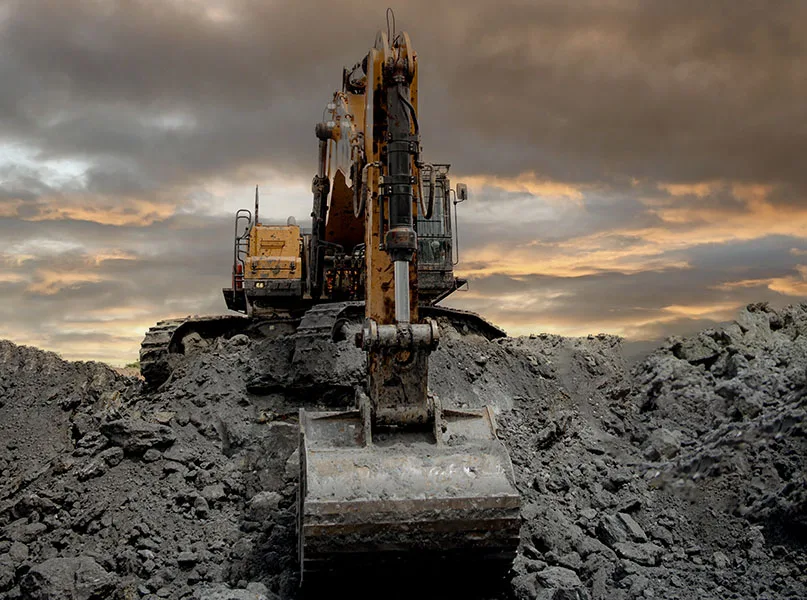
What are the biggest challenges facing the industry at the moment?
GK: The energy transition is a big challenge and an obvious opportunity. It’s a game-changer for the African mining industry, mainly because of the huge expected increase in demand for critical raw materials, of which we have several in Mozambique, such as graphite, lithium, and rare earth minerals.
The industry has the potential for growth through the beneficiation of critical raw materials and the development of new supply chains; the challenge is to figure out how to take advantage of this potential. Making the mining industry more sustainable, or “greening” it, involves reaching net zero in energy consumption.
Fortunately, electricity from Mozambique’s national grid is primarily from hydro sources. In rural, off-the-grid areas, some mining companies that initially relied on diesel-generated power plants are now transitioning to cost-competitive solar energy. There have also been efforts to introduce electric moving equipment. Overall, achieving carbon dioxide neutrality presents a significant challenge for the industry.
In the context of the energy transition, it is evident that there is a need for increased production and mining output to meet growing demand. Yet, there is a lack of available financing for exploration, particularly in countries like Mozambique, where the mining industry is still perceived as high-risk and geopolitical instability further hinders access to funding.

“The industry has the potential for growth through the beneficiation of critical raw materials and the development of new supply chains”
Geert Klok, President, Chamber of Mines of Mozambique
Are there any key aspects of the industry you’d like to highlight?
GK: When the Ministry of Mineral Resources and Energy conducted a census of Mozambique’s artisanal mining industry for the first time a few years ago, they uncovered some major issues.
Artisanal mining, according to this study, directly and indirectly employs over 800,000 people in the country, making it a more significant source of employment than the formal industry. As such, similar to the situation in Southern Africa, artisanal mining also presents numerous challenges due to its lack of regulation. Most miners operate without a license, rendering their activities informal or illegal. As a result, there are issues related to uncollected taxes, environmental pollution, and poor working conditions.
As part of our programme with Germany, we aim to provide training in conjunction with the mining inspectors and ministry in the fields of health and safety standards, environmental practices, and best practices of the industry. In this regard, we consider the promotion of best practices to be part of CMM’s role in the mining sector.
Initially much of the equipment, spare parts, and services for the mining industry had to be sourced from overseas due to limited availability within the country. However, it is in the mining industry’s best interest to engage local suppliers who can be more efficient and faster. It is also in the country’s interest to promote local development by creating employment opportunities, particularly in rural areas.
If executed properly, it would be a win-win situation, as working with local suppliers will establish an ecosystem for the mining industry, attracting new entrants and additional mining companies, while also developing the local economy. However, it cannot simply involve importing equipment and spare parts, marking them up, and selling them. We need to engage local manufacturers and service providers to build capacity within the country.
Lastly, there is an extensive discussion in Mozambique and the region concerning critical raw materials and their beneficiation. African countries and the world need these critical raw materials. The question is, how can countries containing them benefit beyond mining and mineral extraction? How can they participate in the value chains? This is an important discussion in Mozambique, and CMM believes it needs careful consideration.
It is essential to enact enabling policies rather than legislate in a restrictive manner. Thus, there needs to be coherent regulations that create the right conditions to be competitive, as the domestic market is too small to support specific industries.
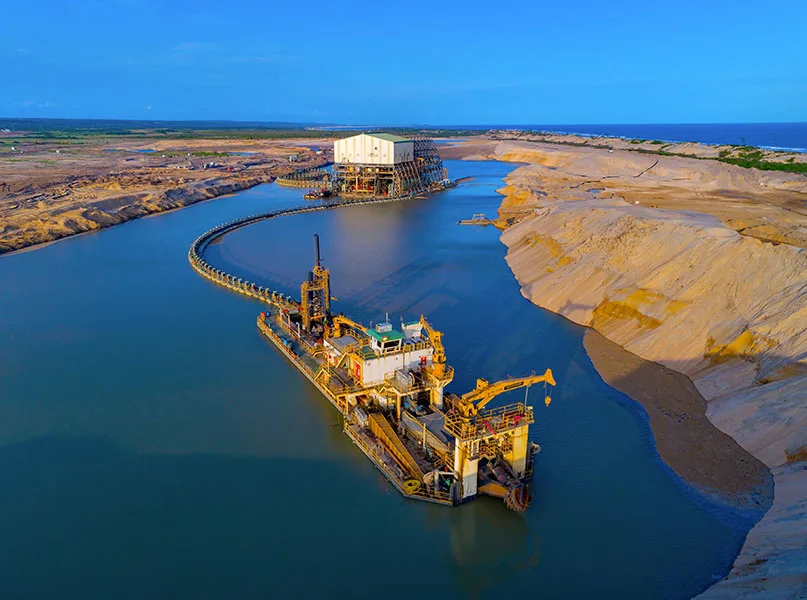
Graphite, for instance, is used in batteries for electric vehicles (EVs), but Mozambique does not have an automotive industry. Therefore, when considering the beneficiation of graphite as an anode precursor material for EV batteries, it becomes evident that this component fits into a supply chain that does not yet exist in Mozambique. To compete internationally, therefore, the infrastructure for electricity and human resources must be developed.
We believe it is important to consider international cooperation, especially at a southern African level. Understandably, each region’s countries would like to engage in beneficiation and build batteries for EVs, but in practice, this is a large-scale industry.
More from Africa Outlook
South Africa already has an automotive industry, so exploring this opportunity from a regional perspective and working together to establish a supply chain between this nation and Mozambique is important. This could be done in collaboration with the end user markets in Europe and North America, which are crucial.
We are also members of the Mining Industry Association of Southern Africa (MIASA). As a chamber, we actively participate in global discussions, contribute to developing appropriate policies and strategies, and engage internationally. We aim to promote Mozambique, emphasise the opportunities available in mining, share ideas and best practices, and learn from other countries and mining chambers across the world. This extends to both industrial and artisanal mining.
We must explore how to capitalise on these opportunities to benefit our industry and country. The energy transition presents a significant opportunity, and it is crucial for us to engage in regional dialogues. CMM plays a key role as an interface and contributes to our international engagement.
Are there any plans or projects in the pipeline for CMM?
GK: We’ve recently developed a strategic plan that is member-approved and aims to strengthen CMM further. The plan also enables the association to serve the industry better, create new products, participate in regulatory reforms, and attract new investments. Our goal is to maintain a strong presence in representing the sector nationally and internationally, engaging in debates and showcasing the industry and, by extension, our country.
Finally, how do you see the industry developing over the next five years?
GK: The industry in Mozambique has considerable growth potential. This is due to the underdeveloped mineral resources and opportunities presented by the energy transition, particularly in critical raw materials. If we can create the right conditions and provide an enabling environment for investments in the mining sector, we can expect significant expansion in the coming years.



